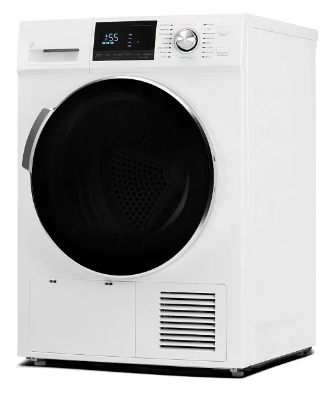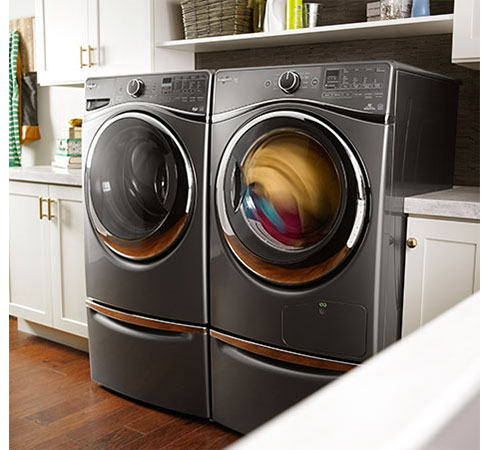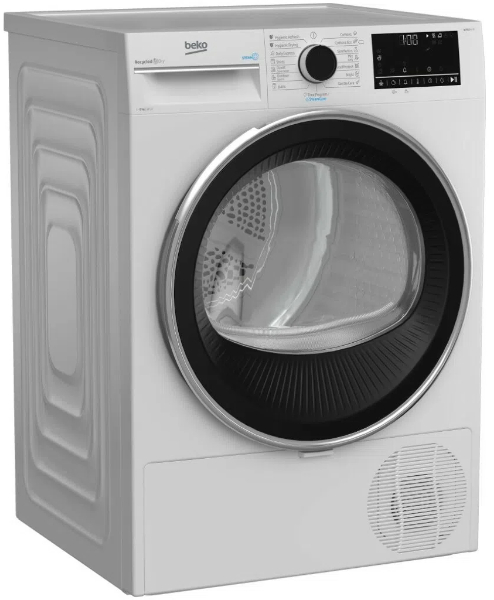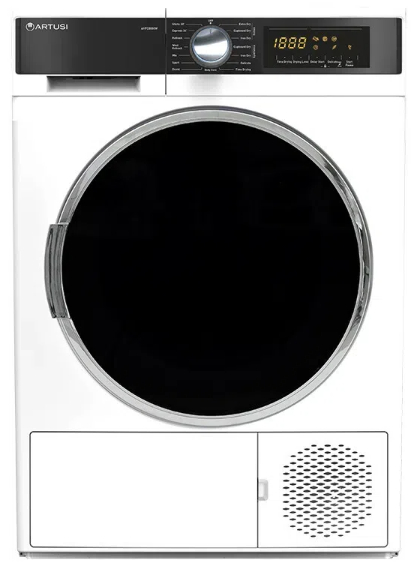
Content Menu
● Introduction
● Understanding Heat Pump Dryer Technology
● Energy Efficiency and Environmental Impact
● Installation and Space Requirements
● Maintenance and Care
● Cost Considerations and Long-term Savings
● Performance and Drying Time
● Conclusion
● Frequently Asked Questions
>> Q1: Do heat pump dryers need to be vented?
>> Q2: How much energy do heat pump dryers save?
>> Q3: Are heat pump dryers worth the investment?
>> Q4: How long do heat pump dryers last?
>> Q5: Can heat pump dryers be installed anywhere?
Introduction
Heat pump dryers represent a significant advancement in laundry technology, offering an energy-efficient alternative to traditional vented dryers. This comprehensive guide will explore everything you need to know about heat pump dryers, their ventilation systems, and how they compare to conventional dryers.
Understanding Heat Pump Dryer Technology
Heat pump dryers operate on a fundamentally different principle compared to traditional vented dryers. These innovative appliances use a closed-loop system that recycles hot air to dry clothes efficiently. Unlike conventional vented dryers, heat pump dryers don't require external ventilation, making them incredibly versatile in terms of installation options.
The technology employs a heat exchanger system that removes moisture from clothes while recycling the warm air back into the drying chamber. This process not only saves energy but also protects your clothes from excessive heat damage.

Energy Efficiency and Environmental Impact
One of the most compelling aspects of heat pump dryers is their superior energy efficiency. These appliances typically use about 50% less energy than conventional vented dryers. The closed-loop system means that once the air is heated, it continues to circulate and be reused, rather than being constantly heated and vented outside.
The environmental benefits extend beyond energy savings. Heat pump dryers operate at lower temperatures, which helps preserve fabric quality and reduce wear and tear on clothing. Additionally, the absence of external venting means no hot air is released into the environment, making these units more environmentally friendly.
Installation and Space Requirements
Heat pump dryers offer remarkable flexibility in terms of installation. Since they don't require external venting, they can be placed in various locations throughout your home. This makes them particularly suitable for apartments, condominiums, or any space where external venting isn't possible or practical.
Maintenance and Care
Proper maintenance is crucial for optimal performance of heat pump dryers. Regular cleaning of the condenser unit and lint filter is essential to maintain efficiency. Unlike vented dryers, heat pump models collect water in a reservoir that needs to be emptied periodically, unless connected to a direct drain.
The heat exchanger should be cleaned regularly to prevent dust and lint buildup, which could affect performance. While these maintenance requirements might seem more involved than those of traditional dryers, they're essential for ensuring long-term efficiency and performance.

Cost Considerations and Long-term Savings
While heat pump dryers typically have a higher initial purchase price compared to conventional vented dryers, the long-term savings in energy costs can make them a worthwhile investment. The reduced energy consumption translates to lower utility bills, often allowing users to recoup the additional upfront cost within a few years of regular use.
Performance and Drying Time
Heat pump dryers generally take longer to dry clothes compared to traditional vented dryers due to their lower operating temperatures. However, this gentler drying process helps protect fabrics and reduce wrinkles. Modern models often come equipped with smart sensors that optimize drying times and prevent over-drying.
Conclusion
Heat pump dryers represent the future of clothes drying technology, offering an energy-efficient, environmentally friendly alternative to traditional vented dryers. While they require a higher initial investment and longer drying times, the benefits of reduced energy consumption, gentler fabric care, and flexible installation options make them an excellent choice for many households.

Frequently Asked Questions
Q1: Do heat pump dryers need to be vented?
A: No, heat pump dryers do not require external venting. They use a closed-loop system that recycles air and collects moisture in a water reservoir.
Q2: How much energy do heat pump dryers save?
A: Heat pump dryers typically use 50% less energy compared to conventional vented dryers, resulting in significant cost savings over time.
Q3: Are heat pump dryers worth the investment?
A: Yes, despite higher upfront costs, heat pump dryers can be worth the investment due to their energy efficiency, lower operating costs, and gentler treatment of clothes.
Q4: How long do heat pump dryers last?
A: With proper maintenance, heat pump dryers can last 10-15 years or more, comparable to traditional dryers.
Q5: Can heat pump dryers be installed anywhere?
A: Yes, since they don't require external venting, heat pump dryers can be installed in almost any location with adequate space and electrical supply.












